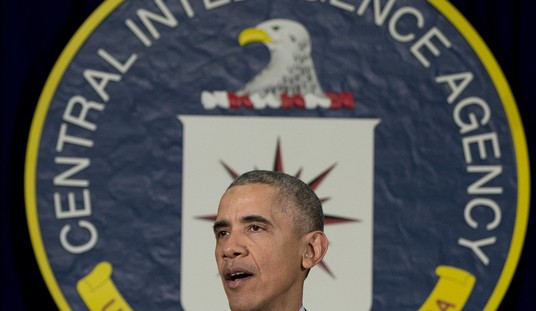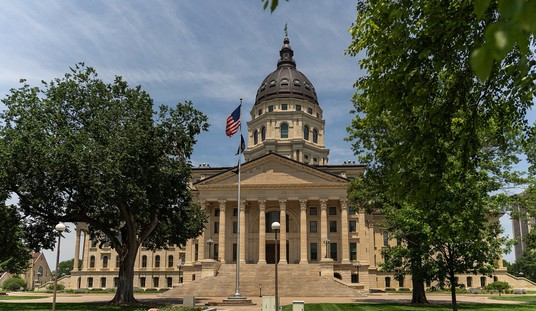It seems as though every year, right around this time, we start seeing the usual complaining from leftist politicians about income/wealth inequality, as though they think that the holidays should make us more willing to write big checks to the government to help people in need, which, honestly, is something that the government doesn’t do very well. Too many politicians, those people who set policy and make laws, think that inequality is a problem, that the problems of the poor are somehow caused by the existence of the rich.
I will point out, though, that (at least by my reckoning) examining income adjusted per hour worked is probably the best way to examine how well the people working in the economy are doing. Poverty levels aren’t terribly indicative, as that indicator is usually calculated as being a certain percentage of the average household income, meaning that there will always be a certain number of people below the poverty level, no matter what is done to ameliorate that situation.
Feature, not bug. There is no way that the poverty graft industry, consisting of politicians and activists both, can continue to ring the “We need to help the poor” bell. If we honestly acknowledge that in the United States today, we have the wealthiest “poor” people in the world, and that “poor” folks in the U.S. have better lifestyles than many of the middle class in Europe, much less the rest of the world, we'd all have a much better grasp on things.
Read More: Income and Wealth Inequality: Are They Inevitable?
Wealth Taxes: How They Chase Away the Productive and Stifle Growth
Senator Elizabeth Warren (D-MA), the uber-liberal politician from the People’s Republic of Massachusetts, recently complained in a Forbes article:
Senator Elizabeth Warren, who also provided a foreword, noted that today, “a minimum wage job won’t keep a mother and baby out of poverty" and "it won’t pay rent on a two-bedroom apartment anywhere in this country.”
“After World War II, we built an economy where workers shared in the bounty they helped create. Then we changed course," Warren added. "The result is an economy that works great for those at the very top and leaves everyone else hanging on by their fingernails.”
Horse squeeze. A minimum wage job isn’t supposed to keep a mother and baby out of poverty. If anyone is trying to raise a family on one minimum-wage job, then honestly, they need to take a long, hard look at their lives, because they have made some bad decisions.
Besides, poverty calculations never seem to take in the benefits low-income people in the United States receive. As I’ve said for years, there is little or no abject poverty in the United States. There is only relative poverty. Incidentally, the figures most commonly tossed around present only relative poverty, in a world where abject poverty is at historic lows. This is a nation, after all, where the biggest health problem faced by poor people is obesity.
The poverty industry also focuses a lot on “income distribution,” as though the economy were a fixed pie that can only be divided. That’s a canard; in a free-market economy, it’s always possible to make more and bigger pies.
I’d point out that people who focus on growth tend to also favor liberty; the ones who yap about the distribution of wealth tend to favor government control. Draw your own conclusions from that.
There are a few deep, fundamental flaws with this “redistribution” thinking:
- The economy isn’t a zero-sum game. If it were, then, as this article points out, one person could only amass wealth at the expense of others. But that’s not how this works. Wealth is created and earned, not distributed. We don’t have to divide the pie into smaller or more equal pieces; we can make a bigger pie.
- Wealth and income aren’t the same thing. Wealth can be the result of income, but it’s not synonymous with income. A person can be “wealthy” while having a relatively low income; a person who owns a large farm, for example, may be “wealthy” in the sense that they own assets worth a great deal, but they may still have a modest income. That’s a key difference that many, most notably Senator Warren and her ilk, will never understand.
- “Redistribution” won’t solve the perceived issue, because most causes of income/wealth inequality are either age-related or behavioral. Most people move through income levels as they grow, as they go through life. I myself, for example. At 20, I had a young wife, a baby daughter, and not a dime to my name some weeks. Now, I’m over 60, engaged in a great second career. My wife and I are empty nesters with a good nest egg and a substantial net worth. Why? Because we have worked hard, saved, and made good choices, which brings us to the behavioral aspect. A major cause of “inequality” is that rich people will always do things that make them rich, while poor people will continue to do things that make them poor.
That last bit, item number three, is key. That’s why redistribution schemes will never solve anything; moving money by force in an economy is like shoveling flies across a barn. Wealth is generally gained by people who make good decisions and lost by people who make bad decisions, but the only time wealth or income is gained by some at the expense of others is when the government confiscates it by force and gives it to those who did not earn it.
Income or wealth redistribution by force means that one portion of the population is compelled, by threat of force, to labor involuntarily on behalf of others. The only proper response to such redistribution schemes is abject refusal.















